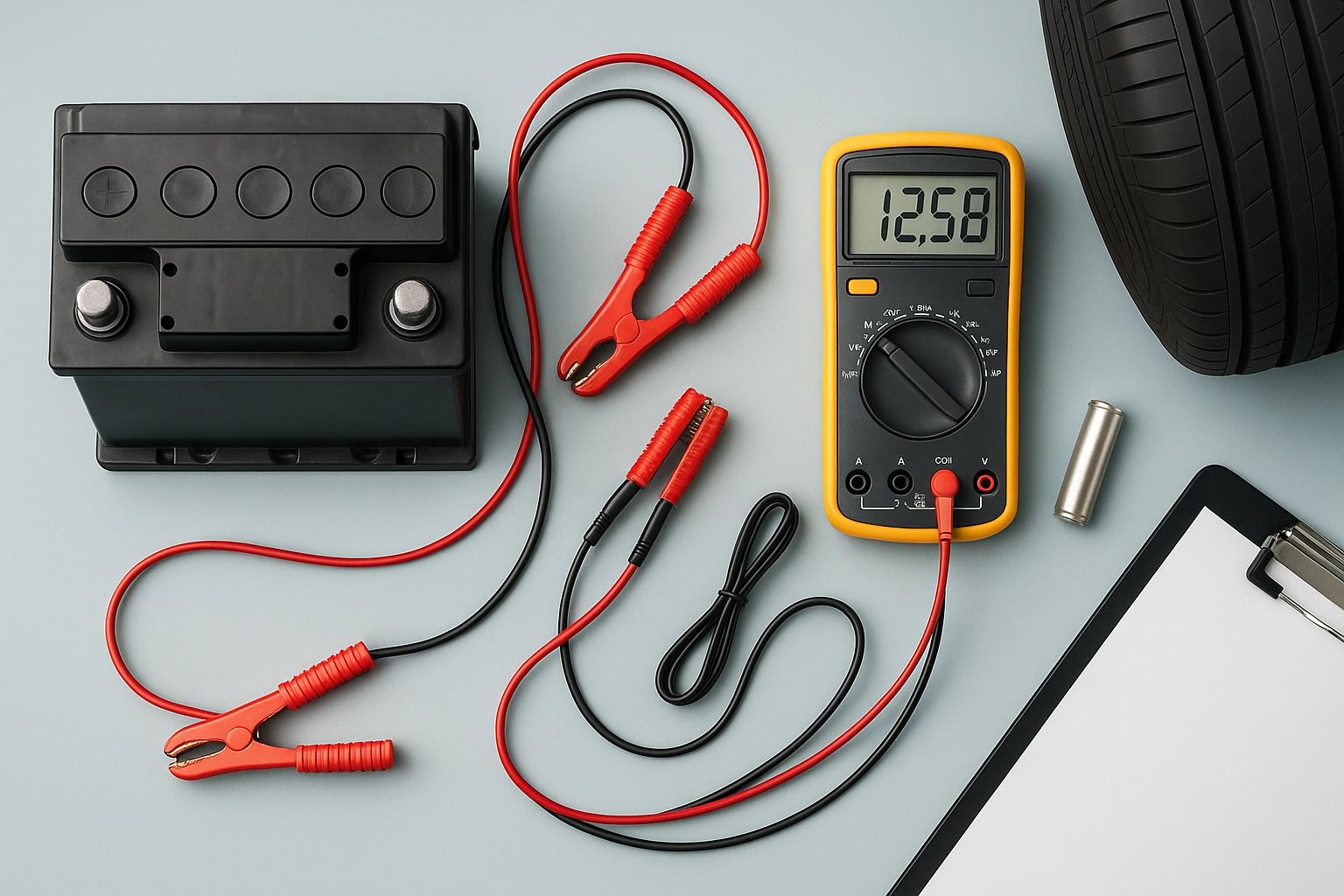JIS C8714 Lithium Ion Cycle Life Testing
The JIS C8714 test procedure is a critical standard for evaluating the cycle life of lithium-ion batteries used in automotive applications. This testing method ensures that battery manufacturers can meet stringent performance and safety requirements set forth by industry standards, particularly those relevant to the automotive sector. The process involves subjecting batteries to repeated charge-discharge cycles under controlled conditions until specified failure criteria are met.
The JIS C8714 standard specifies a series of tests designed to simulate real-world usage scenarios for lithium-ion batteries in vehicles. This includes deep discharge and recharge cycles, which help identify how well the battery holds its capacity over time. The test procedure is particularly important as it ensures that batteries used in electric vehicles (EVs) will perform reliably throughout their lifecycle.
The testing protocol outlined by JIS C8714 is comprehensive and rigorous. It involves charging and discharging a lithium-ion battery until either the specified number of cycles or a predefined capacity loss threshold is reached. The test parameters are carefully controlled, including temperature, voltage, current, and duration to ensure accurate results.
Understanding the cycle life of a battery is essential for several reasons:
- To predict the longevity of batteries in EVs
- To ensure compliance with international safety regulations
- To enhance product reliability by identifying potential weaknesses early
- To optimize charging protocols that extend battery life
The JIS C8714 test is not only applicable to automotive applications but also has broader implications for the energy storage industry. By providing a standardized method of evaluating cycle life, this testing procedure supports innovation and quality control across various sectors.
| Standard Reference | Description |
|---|---|
| JIS C8714 | Japanese Industrial Standard for Lithium Ion Battery Cycle Life Testing |
| IEC 62660-5-3 | International Electrotechnical Commission standard for lithium-ion batteries in electric vehicles |
Applied Standards
| Standard Reference | Description |
|---|---|
| JIS C8714 | Japanese Industrial Standard for Lithium Ion Battery Cycle Life Testing |
| IEC 62660-5-3 | International Electrotechnical Commission standard for lithium-ion batteries in electric vehicles |
The JIS C8714 test is designed to comply with the broader international standards set by the IEC, which are recognized globally. This ensures that results from testing can be validated and compared across different markets.
Compliance with these standards is crucial for manufacturers looking to ensure their products meet safety and performance requirements not only in Japan but also internationally. The test procedure outlined in JIS C8714 provides a reliable method for assessing the cycle life of lithium-ion batteries, which is essential for automotive applications where reliability and longevity are paramount.
Benefits
The primary benefit of JIS C8714 Lithium Ion Cycle Life Testing lies in its ability to provide a standardized method for evaluating the cycle life of lithium-ion batteries. This testing ensures that manufacturers can produce reliable and safe products that meet stringent performance criteria.
By using this test, automotive manufacturers can:
- Evaluate battery performance under real-world conditions
- Predict battery longevity in electric vehicles (EVs)
- Ensure compliance with international safety regulations
- Optimize charging protocols to extend battery life
The test results also provide valuable data for R&D teams, enabling them to identify potential weaknesses early and improve product design. This leads to enhanced product reliability and customer satisfaction.
In addition to its direct benefits in terms of performance and safety, JIS C8714 Lithium Ion Cycle Life Testing also contributes to the broader goals of sustainability within the automotive industry. By ensuring that batteries are reliable and long-lasting, manufacturers can reduce waste and improve overall environmental impact.
Why Choose This Test?
- JIS C8714 provides a standardized method for evaluating lithium-ion battery cycle life.
- The test ensures compliance with international safety regulations and standards.
- It allows manufacturers to predict the longevity of batteries in electric vehicles (EVs).
- The procedure is rigorous and reliable, providing accurate results that can be validated globally.
- Battery performance data from this test can be used for research and development purposes.
- Compliance with JIS C8714 enhances the reputation of manufacturers in competitive markets.
The JIS C8714 Lithium Ion Cycle Life Testing is an essential tool for automotive manufacturers looking to ensure product reliability, safety, and compliance. By choosing this test, companies can gain a competitive edge and contribute to the advancement of sustainable energy solutions.





